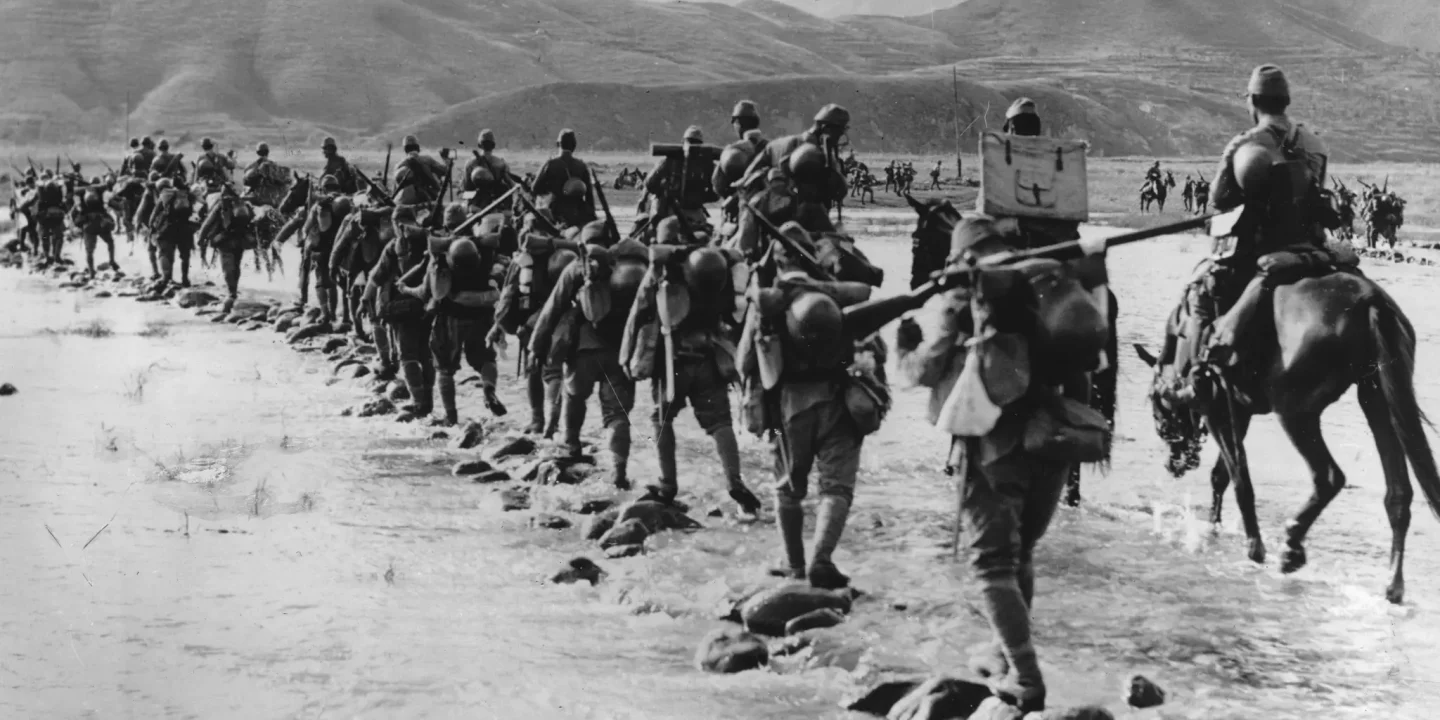
China’s involvement in World War I often overshadowed by the experiences of European nations. It played a crucial role in shaping the country’s modern identity and political landscape. This blog delves into the history of China’s participation in the Great War and examines its enduring impacts on contemporary China.
China’s Initial Stance and Entry into the War
Neutrality at the Outset
When World War I erupted in 1914, China declared its neutrality. The nation was grappling with internal strife and foreign domination, making it politically and militarily vulnerable. The Qing Dynasty had recently fallen, and the newly established Republic of China was struggling to assert its sovereignty.
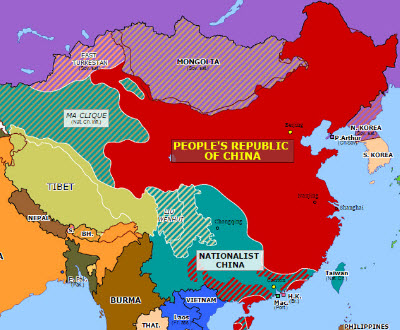
Declaration of War
In a strategic move to enhance its international standing and reclaim lost territories, China declared war on Germany on August 14, 1917. This decision was the desire to counter Japanese expansionism, particularly after Japan’s aggressive actions in Shandong. By joining the Allies, China aimed to secure a seat at the post-war negotiating table.
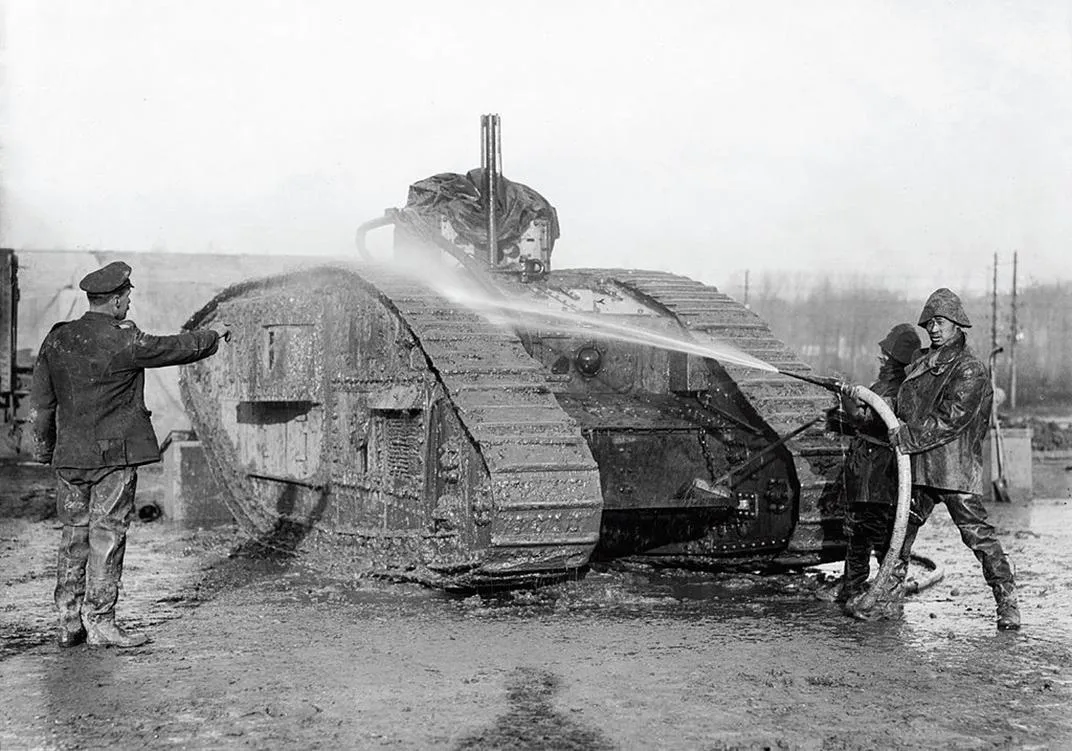
Contributions to the War Effort
The Chinese Labour Corps
Although China did not send combat troops, it made a huge contribution by dispatching approximately 140,000 labourers to support the Allied forces. These workers, the Chinese Labour Corps, were in various non-combat roles, such as repairing roads and clearing mines. Many faced harsh conditions, and thousands lost their lives during their service.
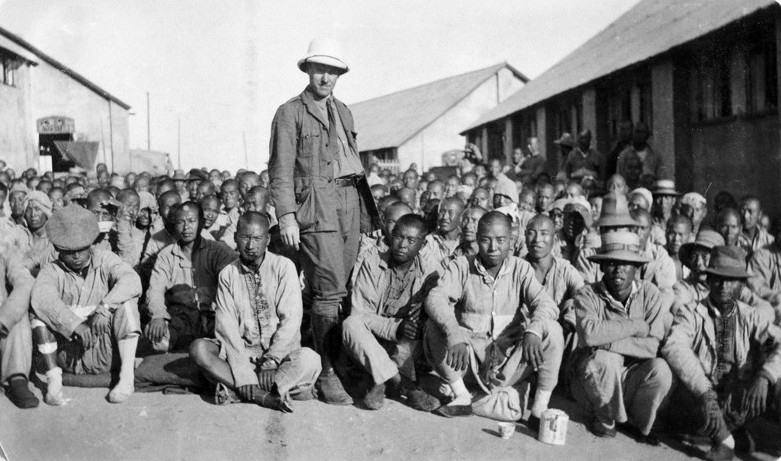
The Aftermath of the War
The Paris Peace Conference
China’s participation in the war culminated in its involvement in the Paris Peace Conference in 1919. However, the outcomes were disappointing, as the Allied powers favoured Japan over China regarding territorial claims in Shandong. This decision sparked widespread outrage in China and contributed to the rise of nationalist sentiments.
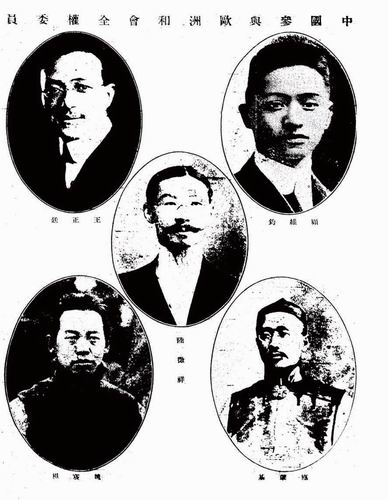
The May Fourth Movement
The dissatisfaction with the Treaty of Versailles and the perceived betrayal by the Western powers led to the May Fourth Movement in 1919. Characterized by student protests and a push for modernization and reform, this movement mostly influenced Chinese politics and society. It marked a turning point in the struggle for national identity and sovereignty.
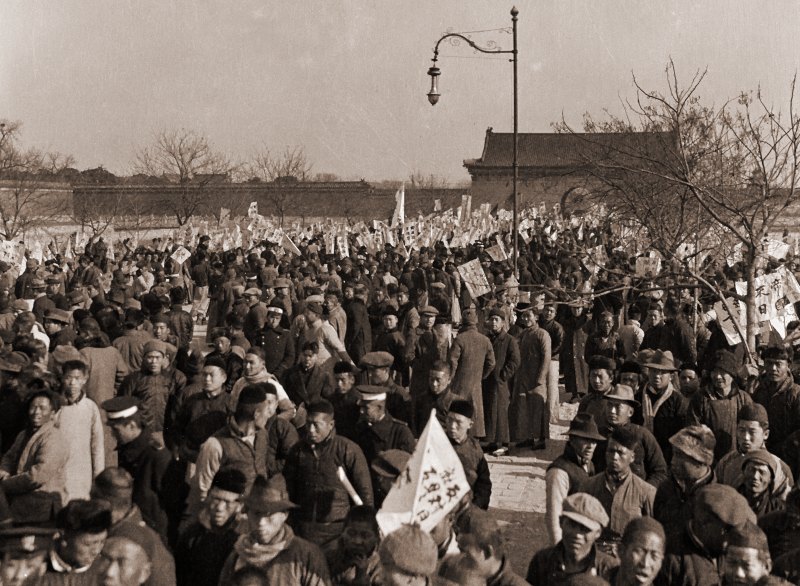
Lasting Impacts on Modern China
Shaping National Identity
The experiences of the Great War and the subsequent national movements have profoundly shaped modern Chinese identity, emphasizing themes of sovereignty and resistance to foreign domination. The legacy of this period continues to resonate in contemporary Chinese society.
Influencing International Relations
China’s historical grievances from World War I influence its current foreign policy and relations with Western nations, particularly regarding issues of territorial integrity and national pride. The desire to reclaim lost sovereignty remains a central theme in China’s diplomatic discourse.
Cultural Memory and Recognition
The contributions of Chinese labourers during the war are increasingly recognized in historical narratives, contributing to a broader understanding of China’s role in global history. This acknowledgement plays a vital role in shaping national pride and collective memory.
Conclusion
China’s involvement in World War I was a pivotal moment that not only affected its immediate post-war landscape but also laid the foundation for political and social changes. The legacy of this period continues to impact China today, influencing its national identity, international relations, and cultural memory.
Read more on Lifetips.blog












